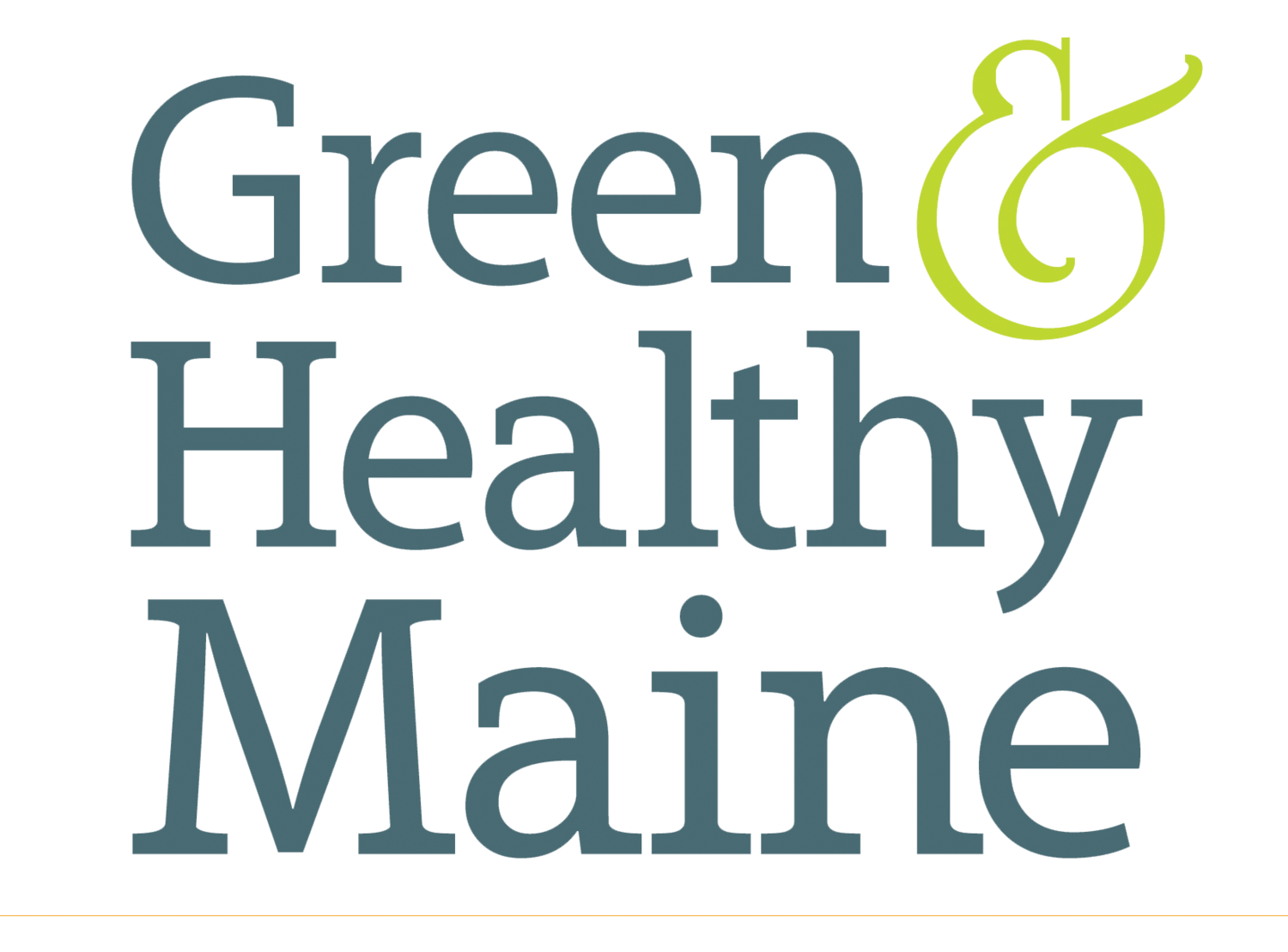Easy ways to reduce your waste
Recycling, reusing and reducing in Maine
Recycling—and its friends reusing, reducing, composting and preventing food waste—keeps extra stuff out of landfills and gives it new life. Keep your stuff out of the landfill with these tips
Recycling in Maine
Ever wonder whether or where you could recycle a certain item? Use ecomaine’s Recyclopedia to be sure you are recycling properly and not “wish-cycling,” or tossing the things you hope are recyclable into the blue bin.
Top (single-stream) recycling tips from ecomaine:
Don’t put recyclables in a trash bag
Don’t worry about washing out recyclables
Leave the caps on your plastic bottles
You can recycle envelopes with plastic windows
You can recycle (not too greasy) pizza boxes.
Support the recycled products market by buying toilet paper and paper towels that are made from recycled paper. They can be found in most grocery stores.
Did you know?
Maine law requires all cell phone retailers to offer phone recycling
Doing some remodeling? Or installing a programmable thermostat? Many older thermostats contain mercury, which should not end up in our waste stream. Find locations to recycle older model thermostats at thermostat-recycle.org
Have unused or leftover paint? If it’s still in good quality, check with local scout groups or the Habitat ReStore to see if you can donate to them. Or, visit paintcare.org to find places to safely dispose of old house paint.
Have old computer parts and monitors to dispose of? Check maine.gov to find “e-waste” drop-offs near you.
For battery recycling, check call2recycle.org
Plastic bags and plastic film: any retailer that offers plastic bags also has to have a drop-off, or check plasticfilmrecycling.org. Just don’t put it in your curbside recycling!
Terracycle.org has tips for recycling toothpaste tubes and other odd-ball plastic objects that can’t go in conventional recycling.
Did you know?
According to the EPA, we recycle about 30% of our PET plastic bottles. This means that about 70% of them end up elsewhere, including beaches and the ocean, polluting sensitive ecosystems. What can you do to change this equation?
Reduce & Reuse
Donate your gently used goods: Goodwill, Preble Street Resource Center, Catholic Charities, Furniture Friends, Maine Tool Library, Salvation Army, Lamey Wellehan (shoes), Saco Bay Rotary (eye glasses), Twice Told Tales (books) and Maine Baby (for immigrants/new Mainers) are just some of the places happy to accept what you no longer need. Extra building supplies can go to a building reuse center such as Maine Building Materials Exchange or your local Habitat for Humanity ReStore.
Wrap gifts in fun scraps of salvaged paper and cloth; reuse gift wrap from presents you receive. Or wrap in something easily reusable like cloth napkins or a dish cloth.
Buy in bulk! And remember to bring your own containers. Check out the bulk bins at local food co-ops, natural food stores and refill stores.
Train yourself to only get coffee if you have your own mug and groceries if you have your own bags. Keep a small foldable bag in your purse or backpack, and you’ll always have a reusable bag with you!
Consider the option to repair before you toss. Often, a cobbler, alteration shop or DIY video is all you need to transform a broken item into a fully usable one in no time, and for a lot less money (and waste) than tossing it and starting new. You can also bring your broken items to a repair cafe happening near you—these free events are staffed by volunteers ready to fix anything from a broken chair to a hole in your sweater.
Happy, healthy, sustainable. Subscribe to Green & Healthy Maine magazine!
Green & Healthy Maine is published by TheSunriseGuide, LLC. This article originally ran in the 2020 SunriseGuide.





Food waste is a serious problem for the environment. Fortunately, there are simple steps you can take to reduce the amount of food waste your household creates.